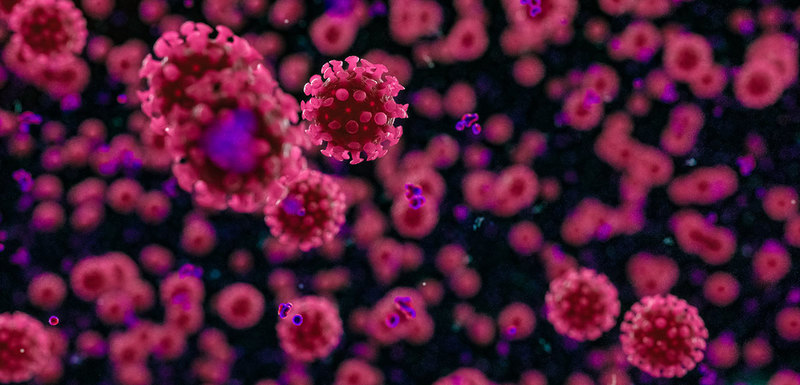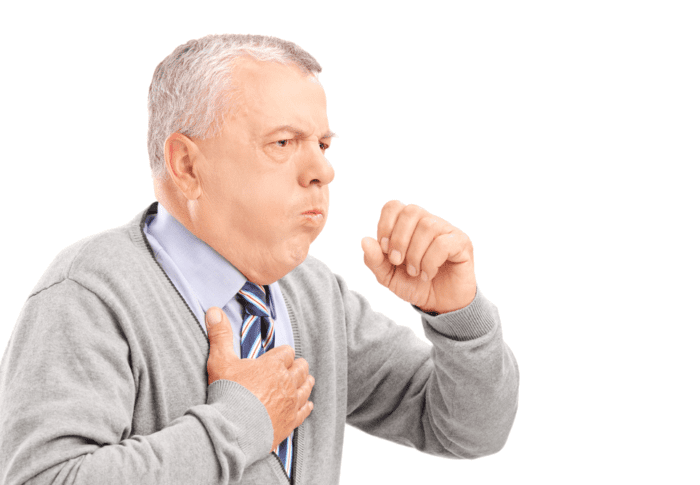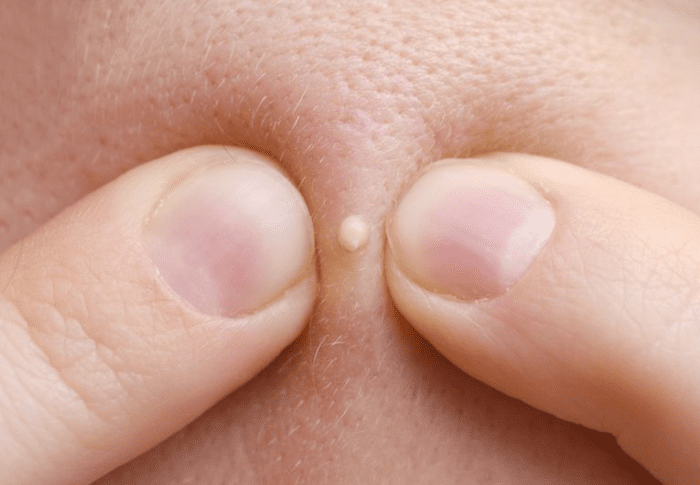
covid 19 details
COVID-19 is a highly infectious disease caused by the coronavirus SARS-CoV-2. It first emerged in Wuhan, China, in December 2019, and has since spread rapidly around the world. COVID-19 primarily spreads through respiratory droplets when an infected person talks, coughs, or sneezes. Symptoms of COVID-19 can range from mild (fever, cough, fatigue) to severe respiratory illness, with possible complications including pneumonia, acute respiratory distress syndrome, and death. The best way to prevent the spread of COVID-19 is through following guidelines from health officials, including wearing masks, social distancing, washing hands regularly, and getting vaccinated.

The COVID-19 vaccine is a vaccine that provides immunity against the coronavirus disease. There are different types of vaccines available, but they all work by triggering an immune response in the body against the virus. The vaccines have been developed and tested through rigorous clinical trials, and have been shown to be safe and effective in preventing severe illness, hospitalization and death from COVID-19. The vaccines have been approved for emergency use by regulatory authorities around the world, and are being distributed to priority populations such as healthcare workers, older adults and people with underlying health conditions. It is important to continue practicing public health measures, such as wearing masks and social distancing, even after receiving the vaccine to ensure maximum protection for individuals and communities.
The common side effects of the vaccine
The common side effects of the vaccine:
- pain
- swelling at the injection site,
- fatigue,
- headache
- fever
- and body aches
- which usually resolve within a few days.
I can provide you with some tips to stay safe from the COVID-19 pandemic:
- Wash your hands thoroughly with soap and water for at least 20 seconds or use an alcohol-based hand sanitizer.
- Wear a mask or face covering when you are outside. This helps to prevent the spread of the virus.
- Avoid close contact with people who are sick or have been exposed to the virus.
- Practice social distancing by maintaining at least 6 feet of distance from others in public places.
- Avoid unnecessary travel.
- Clean and disinfect frequently touched objects and surfaces, such as doorknobs, light switches, and countertops.
- Stay informed about the latest recommendations and guidelines from your local health authorities.
- If you have symptoms of COVID-19 (such as fever, cough, or difficulty breathing), seek medical attention and follow the advice of healthcare professionals.






-
-
2 years
Tagged causes, dry cough, treatment